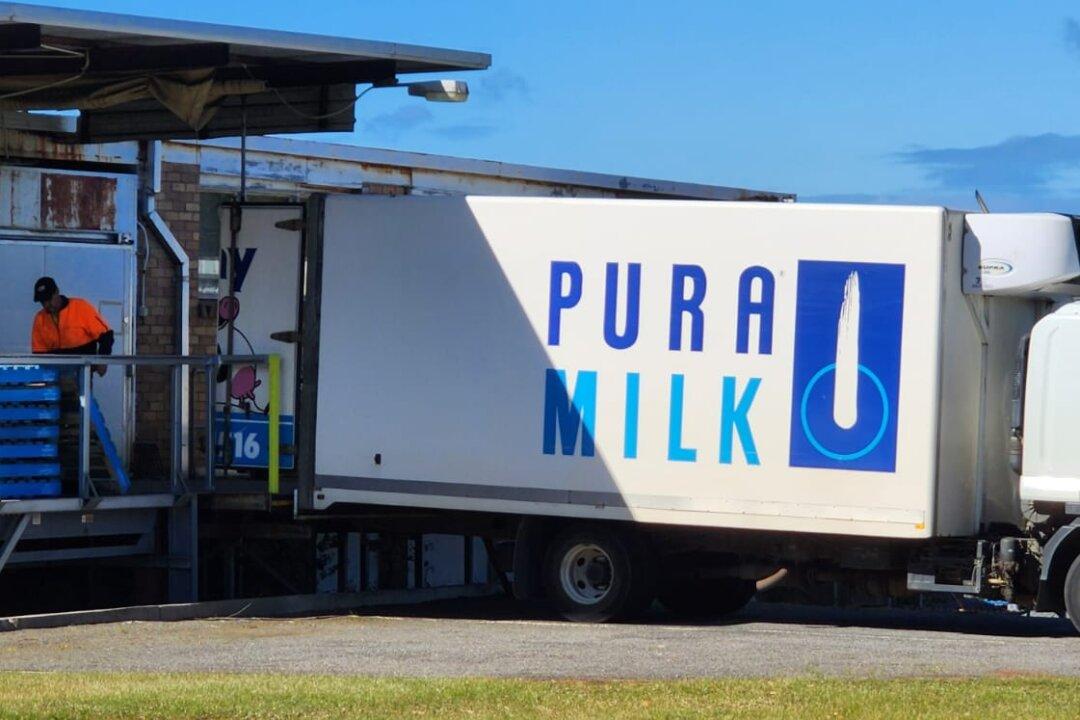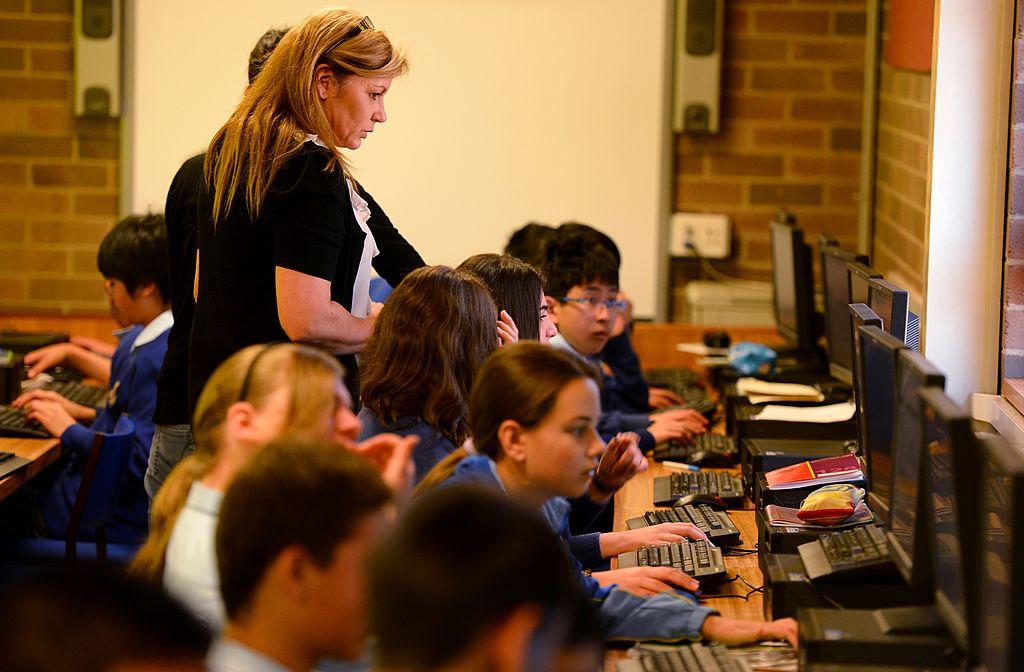Milk prices could rise, farmers could be less resilient to drought, and communities could need more water to fight fires after the New South Wales (NSW) government significantly changed coastal harvestable water rights for agriculturalists.
The government announced the water rights would return to 10 percent on Sept. 27, overturning the former government’s decision to increase the amount to 30 percent.





